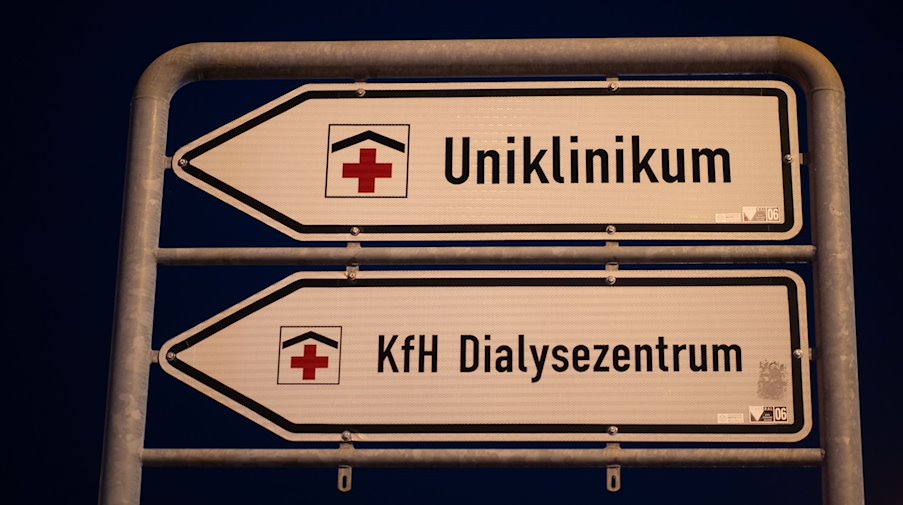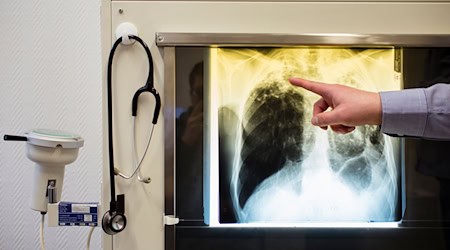Most clinics in Saxony are in the red due to increasing burdens. "The current situation is undoubtedly no longer acceptable for the hospitals," says Friedrich München, Managing Director of Krankenhausgesellschaft Sachsen (KGS). He is urgently calling for quick decisions to ensure continued high-quality healthcare in the coming months. "We appeal to the federal government to provide liquidity assistance and funds for economic security immediately." Otherwise, further hospital closures or the abandonment of care structures that have been secured for many years are to be expected.
According to Munich, the facilities already drew attention to an "extreme risk of insolvency" in the fall of 2022. Independent analyses had also reflected "that almost every second hospital is at risk of insolvency and almost no hospital is in the black". A survey conducted by KGS in mid-2023 confirmed this. According to the survey, well over two thirds (87%) of the participating hospitals stated that they would have closed 2022 with a deficit without state support and expected a further deterioration in 2023.
According to KGS, the economic situation of the facilities has "drastically worsened" over the past two years, primarily due to increased energy, material and personnel costs. This is due to their decades-long underfunding of investment funding and, above all, the lack of inflation compensation. "Although hospitals are not allowed to adjust their prices to inflation on their own responsibility, they are nevertheless confronted with the same increased expenditure as all other sectors of the economy," says Munich.
In addition, there are the wage increases for hospitals bound by collective agreements that will take effect from March. "The employees' wishes for pay rises are understandable, but the increases must also be fully refinanced by the federal government." Hospitals would no longer be able to compensate for this themselves in the long term. On the other hand, energy subsidies expired at the end of the quarter, with energy costs remaining high. It is foreseeable that the situation will continue to worsen in the first half of the year.
In addition to significantly increased material and personnel costs, hospitals will also have to bear other inflation-related additional costs such as materials, external services and food. "Some hospitals are perhaps (still) in a better financial position than others at the moment," says Munich. But without short-term financial support from the federal government, it is "only a matter of time before almost every hospital is caught up in a critical economic situation".
The Ministry of Social Affairs speaks of "major challenges that also affect economic stability". Reasons for this include current price increases, tariff increases and the hospital financing system, according to a spokesperson. "In addition, the number of cases fell between 2020 and 2022 due to the pandemic." The forecast assumes that this trend will continue in the coming years. "Added to this is the already noticeable and worsening shortage of skilled workers." The ministry points to a well-structured hospital landscape to date. However, this must be continuously adapted to the available resources, especially personnel resources - with the aim of providing "high-quality, patient- and demand-oriented care for the population".
Copyright 2024, dpa (www.dpa.de). All rights reserved










